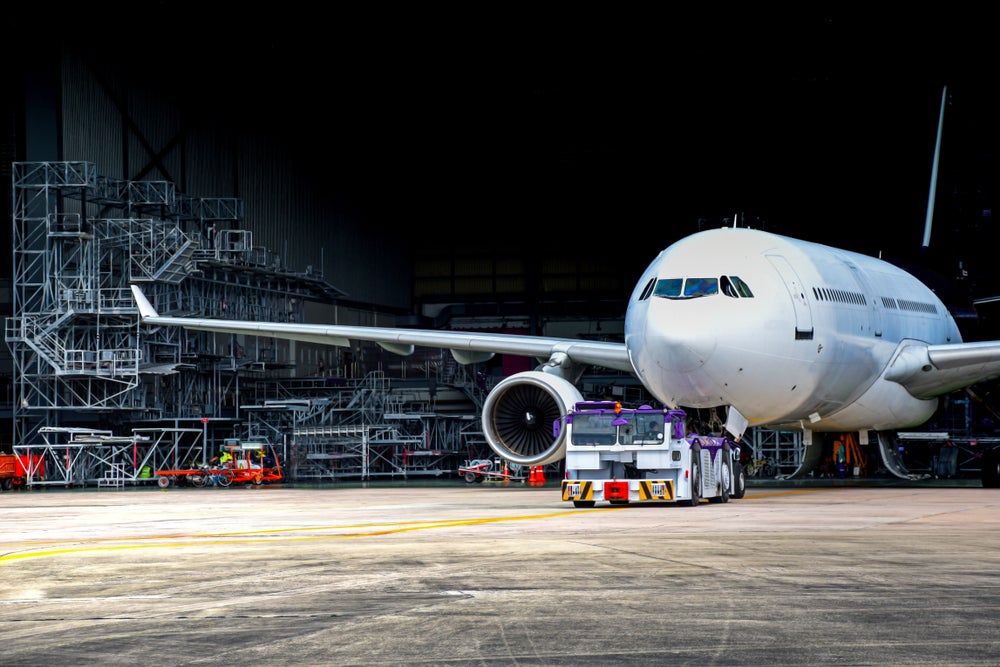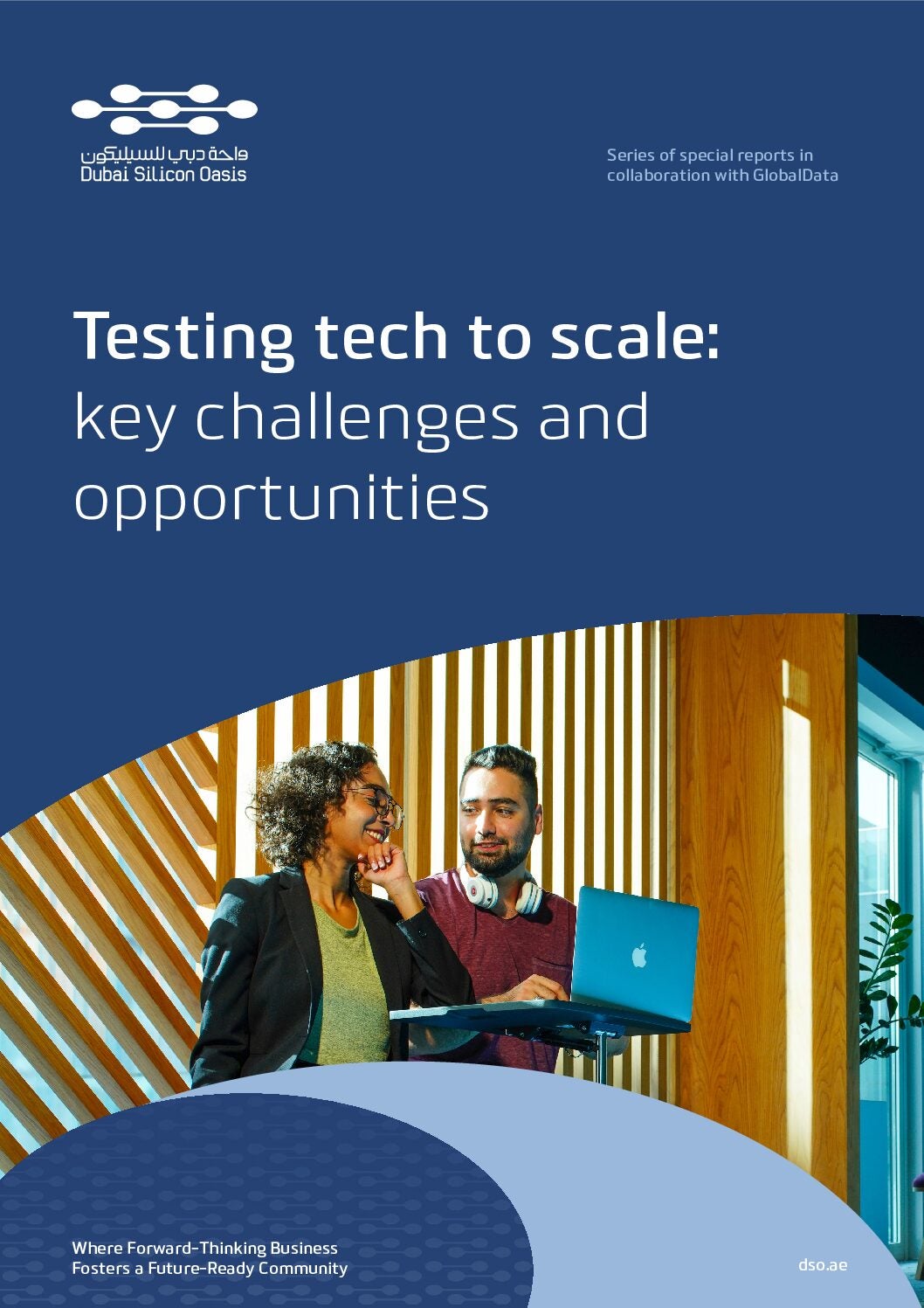The aviation industry has a lot of problems, some more noticeable than others. Like many other people, I recently experienced an annoying delay at an airport. The plane I’d been scheduled to depart on was suffering from maintenance issues.
While I waited for the flight to finally start boarding, I thought about how many of the massive delays and rescheduling fiascos I’ve read about over the last year could have been avoided.

US Tariffs are shifting - will you react or anticipate?
Don’t let policy changes catch you off guard. Stay proactive with real-time data and expert analysis.
By GlobalDataThat includes the infamous time when Southwest Airlines had to cancel 17,000 flights during the holidays simply because of outdated technologies. Passengers were stranded all over the world and had to pay for extra nights at a hotel and extra meals.

Since then, there have been so many other problems across various airlines that IATA has been asking for consumer protection regulations to put less burden on international airlines and more responsibility on the general air transport system.
This is mainly because there have been too many payouts to passengers for delayed flights, and the delays haven’t improved.
Outdated technologies, last-minute maintenance, and poor sustainability are just a few of the issues facing the aviation industry that are top of mind. Believe it or not, blockchain technology can help with all of those problems and more. Let’s see how.
Traceability on the blockchain
As the founder of a company that focuses on supply chain traceability, I’m very passionate about blockchain technology.
Many aircraft technologies don’t have the best traceability, so it’s hard to know exactly when parts and systems need to be replaced. Today, it’s not uncommon for aircraft parts to get lost in the supply chain or for spare parts to simply disappear for all intents and purposes.
It’s also not uncommon for airlines to lose track of system maintenance logs or even entire aircraft.
Blockchain technology can provide airlines with a secure record of an aircraft’s parts, maintenance history, and other critical information.
Blockchain technology can provide airlines with a secure, tamper-proof record of an aircraft’s parts, maintenance history, and other critical information. Every part of the aircraft can be inscribed in the immutable ledger of the blockchain.
Each time maintenance occurs, the details are recorded on the blockchain and made accessible to all relevant stakeholders, including maintenance crews, airlines, and regulatory bodies. That way, maintenance crews could get notified of any potential issues early and take action before they become serious – or cause annoying delays for passengers like me.
This can help airlines maintain aircraft to the highest standards, reducing the risk of accidents and ensuring compliance with relevant regulations.
One of my favourite examples of an aviation company that’s working hard to bring traceability to its operations is Airbus. Way back in 2018, Airbus was looking into blockchain technology for providing transparency and traceability in the supply chain.
Reducing waste and emissions
Reducing emissions has been a big part of the aviation industry over the past years.
In 2021, IATA made a bold promise: to get to net-zero carbon emissions by 2050. That means a variety of airlines across the entire world want to reach the point where they’re taking just as much carbon out of the ecosystem as they’re putting in.
When people think of sustainability in aviation, they’re normally thinking along the lines of banning private jets or going electric. I’m thinking of some lesser-known ways to improve sustainability in aviation.
The technology behind blockchain is improving every day, and as we continue to optimise the process, it will only get better still.
For example, Airbus created an entire unit within the company just to experiment with different ways to optimise the aircraft supply chain for better sustainability through blockchain technology. Blockchain records will also allow airlines to identify planes that have increased emissions simply because they need maintenance. Timely repairs will mean less emissions from the aviation industry as a whole.
Blockchain technology can also enable more efficient and transparent management in the supply chain, which is where a lot of the aviation industry’s emissions come from.
For example, a blockchain-based platform could track the movement of goods from suppliers to airlines, reducing the need for paperwork and speeding up delivery times. This can help to reduce waste generated during the transportation process.
The technology behind blockchain is improving every day, and as we continue to optimise the process, it will only get better still.
That is what we look forward to: a day when the aviation industry and blockchain technologies are working together to get to net-zero and improve life for passengers and airlines alike. And it’s already started to happen.






